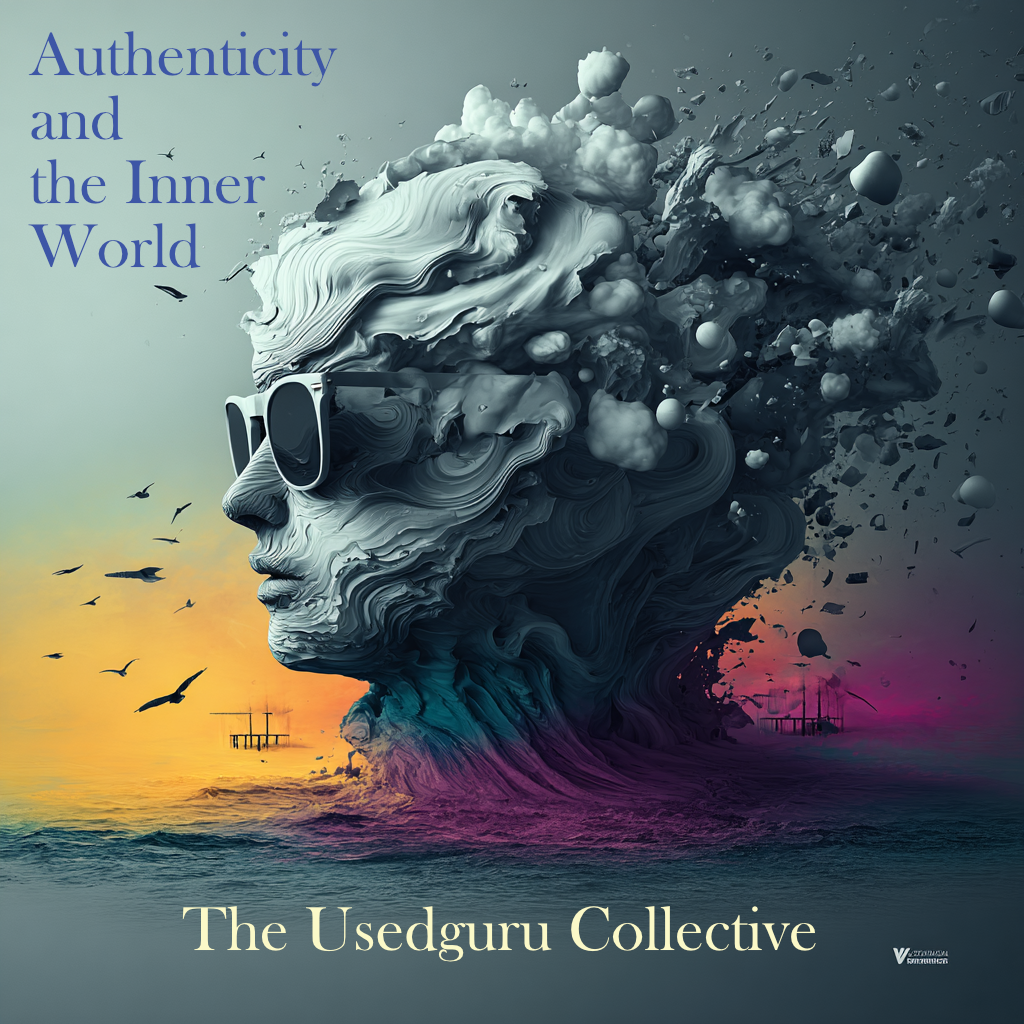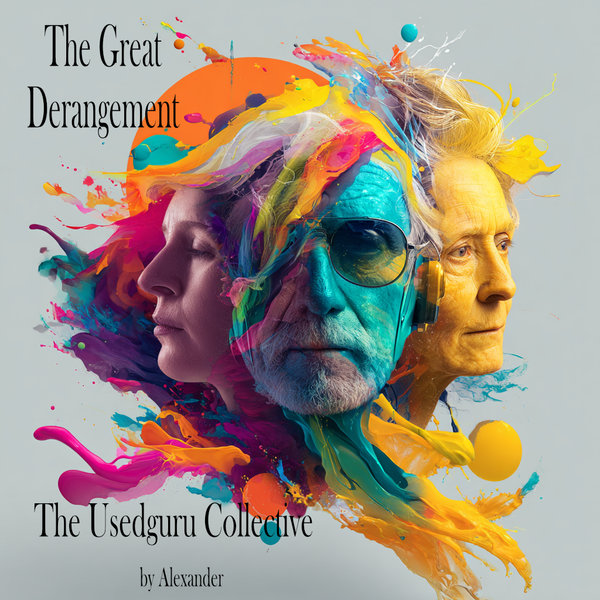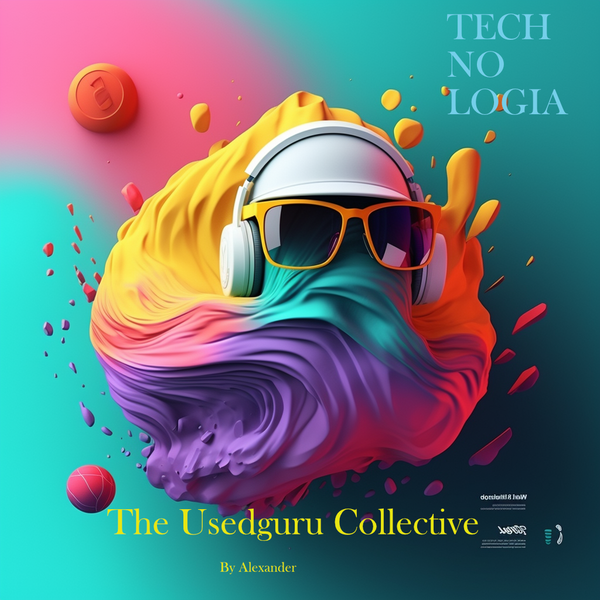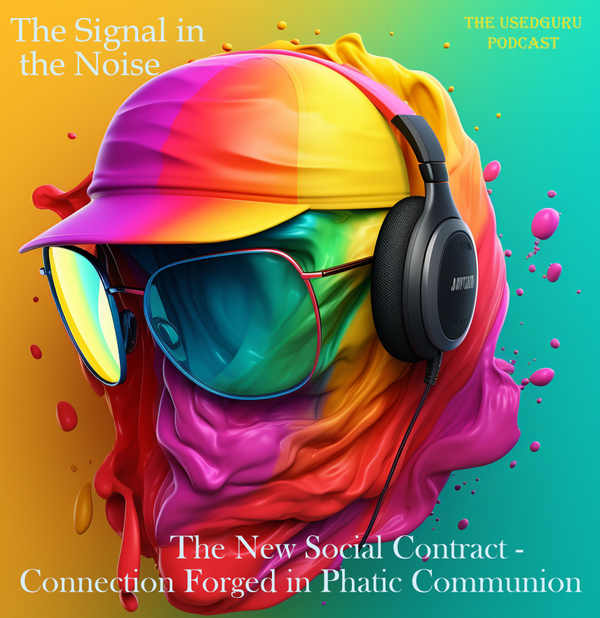The Global Dilemma:
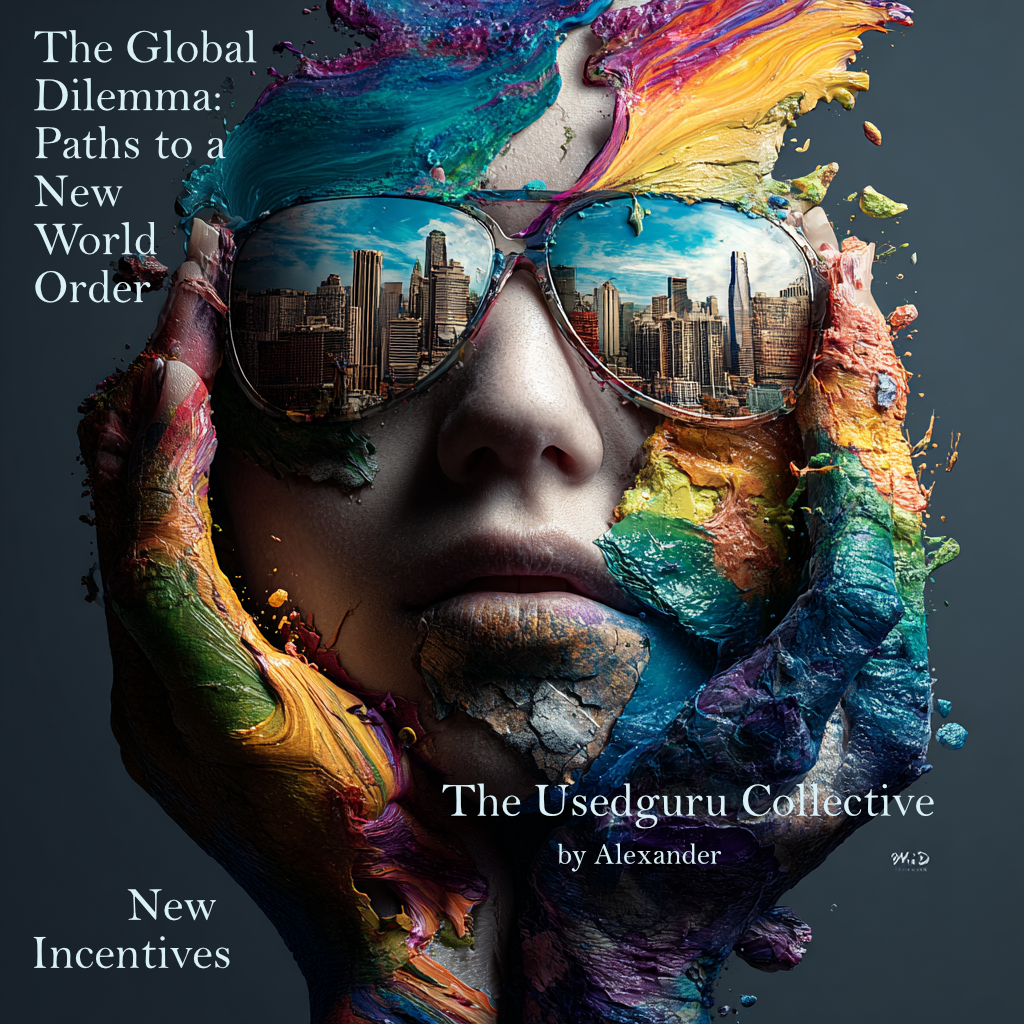
Paths to a New World Order
After a Global Reckoning, Two Paths Emerge for a World in CrisisSub-headline: A searching dialogue on globalisation's broken promises has moved beyond critique to a stark choice. As Western capitals grapple with a future they can no longer control, will the solution be a radical, top-down reset or a gradual, democratic evolution?
BERLIN – From a sunlit café in Mitte, where the hum of a functioning city provides a comforting baseline, the architecture of the post-war world can feel both solid and impossibly distant. Yet, a searching global conversation, moving from academic theory to the frontlines of political debate, is concluding that the very foundations of this world are fundamentally unsound. It is a dialogue that begins with the seemingly settled concept of globalisation but quickly pivots to a damning verdict: that the system designed in a New Hampshire hotel eighty years ago is no longer fit for purpose.
The journey starts with a crucial distinction between globalisation—the horizontal, interconnected web of the 21st century—and the vertical, top-down domination of colonialism that preceded it. The critique asserts that the ghost of the latter still animates the machinery of the former. The primary agents of this haunting, according to this school of thought, are the twin institutions of Bretton Woods: the International Monetary Fund (IMF) and the World Bank. Forged by the Western powers in 1944, the IMF was to be the guardian of monetary stability, the World Bank the engine of development. Yet, for decades, a powerful counter-narrative has taken root, accusing these bodies of becoming instruments of neocolonialism. The charge is severe: that through cycles of debt and imposed austerity, these institutions have perpetuated a system of resource extraction from the Global South, mirroring the economic logic of their colonial forebears.
The conclusion of this critique is not that the system is broken, but that it is working precisely as designed—a rigged game.This profound disillusionment has shifted the debate from diagnosis to prescription. If the current order is unsustainable, what must replace it? From this intellectual crucible, two distinct and largely incompatible visions for the future have emerged.
The Shock Therapy Solution
The first path is born of what its proponents see as a clear-eyed reading of existential threats, primarily the escalating climate crisis. They argue that incremental change is a dangerous illusion and that only a rapid, state-led emergency transition can avert catastrophe. The blueprint for this "Great Transition" is as ambitious as it is authoritarian. Its first act is to formally dethrone Gross Domestic Product (GDP) as the primary metric of societal success, replacing it with a dashboard measuring ecological sustainability and human well-being. It envisions a centrally coordinated, decade-long industrial mobilisation to achieve a fully renewable energy grid, mandating a "circular economy" where waste is designed out of the system. Perhaps most radically, this vision seeks to decommodify survival. The goal is to free the populace to contribute to a rapid societal regeneration. The inherent risk, however, is profound. This approach necessitates a level of state control that sits uneasily with liberal democratic values, raising the spectre of a green authoritarianism that forces conformity for the greater good.
The Gradualist Path
In direct response to these fears, a second, quieter philosophy of change presents itself. It prioritises social cohesion, democratic consent, and stability, arguing that lasting transformation must be chosen, not imposed. This is the evolutionary path. Rather than drastic mandates, this approach relies on intelligent incentives to "nudge" the system. A flagship policy is the Carbon Fee and Dividend, which makes pollution more expensive but returns all revenue directly to citizens, framing the change around market logic and fairness rather than state punishment. It champions a bottom-up transformation, where the state acts as an "enabler" for community-led initiatives—local energy cooperatives, urban farms, repair cafes—that allow a new economy to grow organically within the shell of the old. This model uses the state’s immense purchasing power to lead by example, transforming public procurement to build markets for sustainable goods and services without directly compelling private citizens. It is a vision of persuasion, not coercion. Yet, it faces its own critical vulnerability: time. In a world of accelerating climate tipping points, critics charge that this gentle, consensual path is a luxury we can no longer afford—a beautiful theory that risks being rendered irrelevant by a rapidly deteriorating reality.
The Crossroads
Herein lies the dilemma, a choice confronting not just the entire Western world but the world as a whole. Do we embrace a radical, centrally planned overhaul that may be swift enough to save our ecology but risks our democratic soul? Or do we trust in a slower, more organic evolution that honours individual liberty but may fail to meet the ferocious urgency of the moment?
The pandemic offered a fleeting, stunning glimpse of a world where our economic machine paused, allowing the natural world a moment of recovery. That image has become a catalyst, forcing a conversation that moves beyond polite reform. As policymakers in Berlin, London, and Washington weigh their options, they are no longer just debating policy. They are choosing between two fundamentally different theories of change, each with its own promise and its own peril.
The world that was built at Bretton Woods is over. The struggle to define what comes next has just begun.
The Neighbourhood Dividend: How Your Morning Coffee Could Rebuild Our Cities, One Street at a Time.
Every morning, thousands of People buy a coffee from their favourite local café. That simple transaction, a few Euros for a caffeine boost, is the heartbeat of our neighbourhood economy. But in our globalised world, where does that money go? Too often, it leaks away, flowing from the local till to distant corporate headquarters, leaving our communities financially depleted. We feel powerless, trapped in a system that seems too big to change.
But what if we could change it?
What if we could create a system that keeps that value right here, on our street?
A new wave of thinking, powered by simple technology and a desire for community, offers a tangible solution. It’s not a radical overhaul or a political protest. It’s a quiet revolution that starts with your morning coffee. This is the path forward that bypasses the angry, polarising debates. It doesn't require waiting for national governments or global institutions to act. It doesn't force anyone to do anything. It is a voluntary, positive-sum game that can be started by a few motivated business owners and residents in a single neighbourhood. It’s a solution that doesn't just critique the old system; it quietly builds a better one right inside it. It’s a seed of change, planted at the grassroots, that has the power to grow, Kiez by Kiez, until it has transformed the entire city from within.
The Value Shift: How We Can Build a Better Society by Changing What We Reward. We all feel it. The work that holds our communities together—caring for our elderly, teaching our children, maintaining our public spaces, creating with our hands—is often the least financially rewarded. Meanwhile, jobs that create little tangible value can generate immense wealth. This imbalance leaves us feeling powerless, stuck in a system that seems to have its priorities backwards.

But what if we could gently and deliberately correct this? What if, without a radical overhaul, we could use simple policy to realign our economy with our human values?
The solution is not about complex new laws or massive state programs. It's about a simple, profound idea: a society gets more of what it chooses to reward.
## The Principle: Reward Real Contribution. This approach is not about revolution; it's about reorientation. It doesn't tear down the old system but instead creates new, more active pathways within it. It’s a quiet and profound shift that uses the simple, existing tools of policy to create an economy where the right thing to do is also the smart and rewarding thing to do. By changing the incentives, we don't just hope for a better world—we build one by design.
The Mental Test: An Approach from Home
## 1. The "Kitchen Table" Economy. If your family's weekly budget were a national economy, what would you "subsidise"? What "tax" would you impose? Think about your spending on food, entertainment, and goods: what simple rule could you create that would shift your family's resources toward things that genuinely improve your well-being and local community, rather than just what's convenient?
## 2. The Value of Work at Home, Beyond Chores, what "work" in your household is essential but invisible and unrewarded— caring for a family member, teaching a child a skill, repairing something broken instead of replacing it? How could you create a new "reward" system at home—not with money, but with time, recognition, or privileges—that elevates this valuable work to the same level of importance as professional or academic achievements?
## 3. The Neighbourhood Dividend. What is one small, positive action you wish your neighbours would do more often, whether it's checking in on an elderly resident, tending to the shared green space, or organising a street gathering? What simple, non-monetary "incentive" could you and a few other neighbours create to make that positive action the most natural and rewarding thing for everyone to do?
About the Author
Alexander is the founder and lead writer for The Usedguru Collective, a podcast and publication dedicated to exploring the complex forces that shape our world. With a background in social research and a passion for lifelong learning, he crafts the foundational analysis that fuels each thought-provoking episode.
